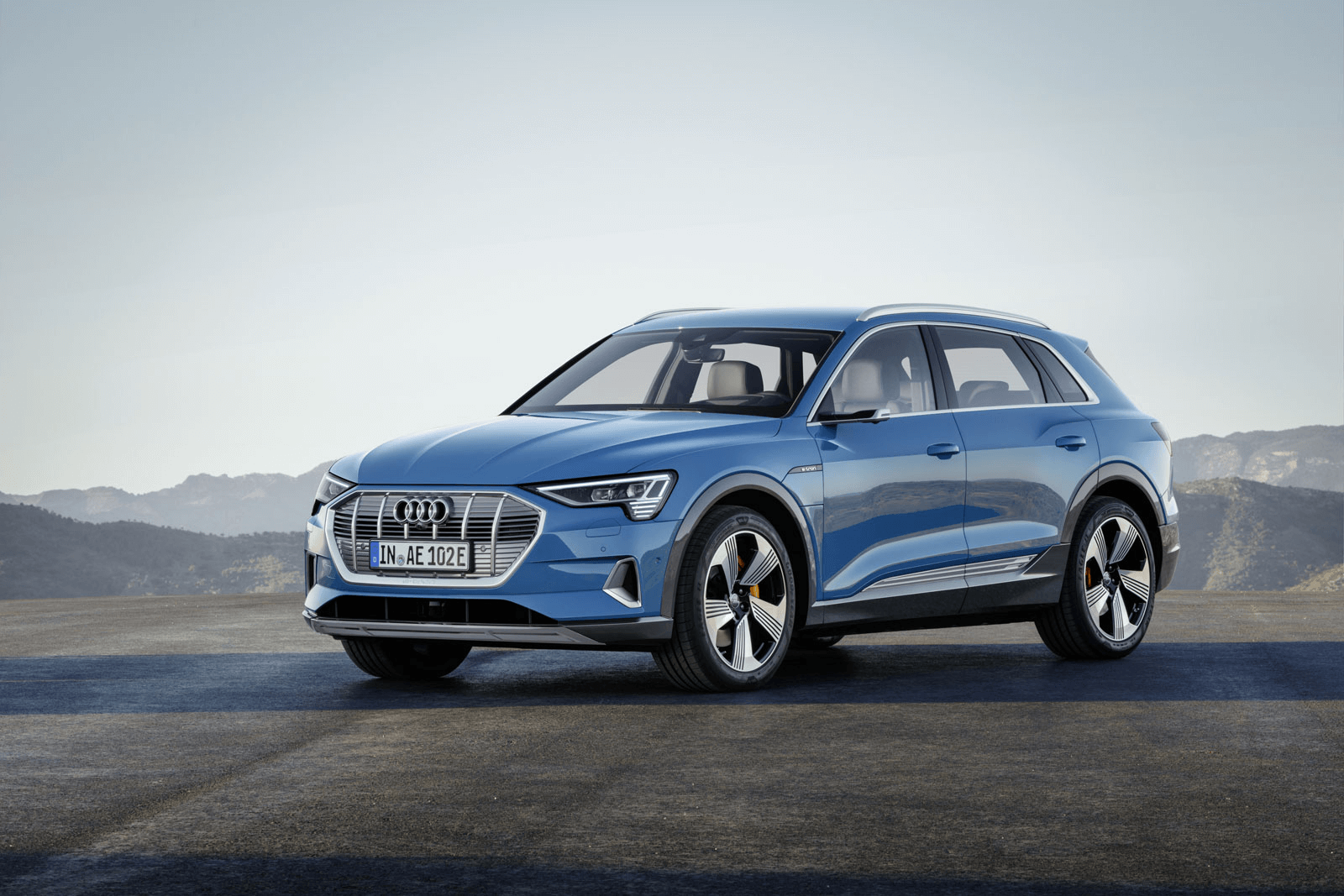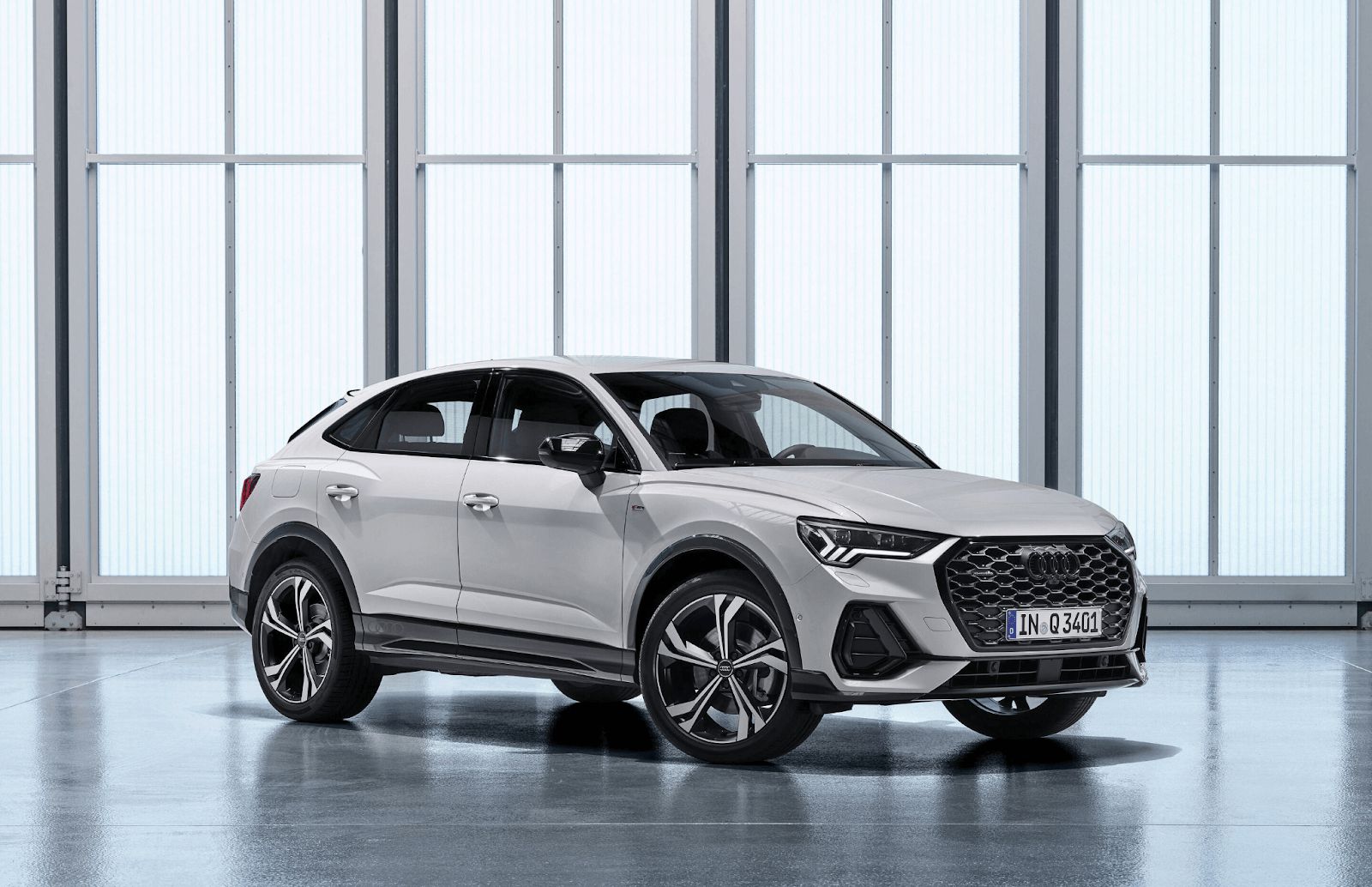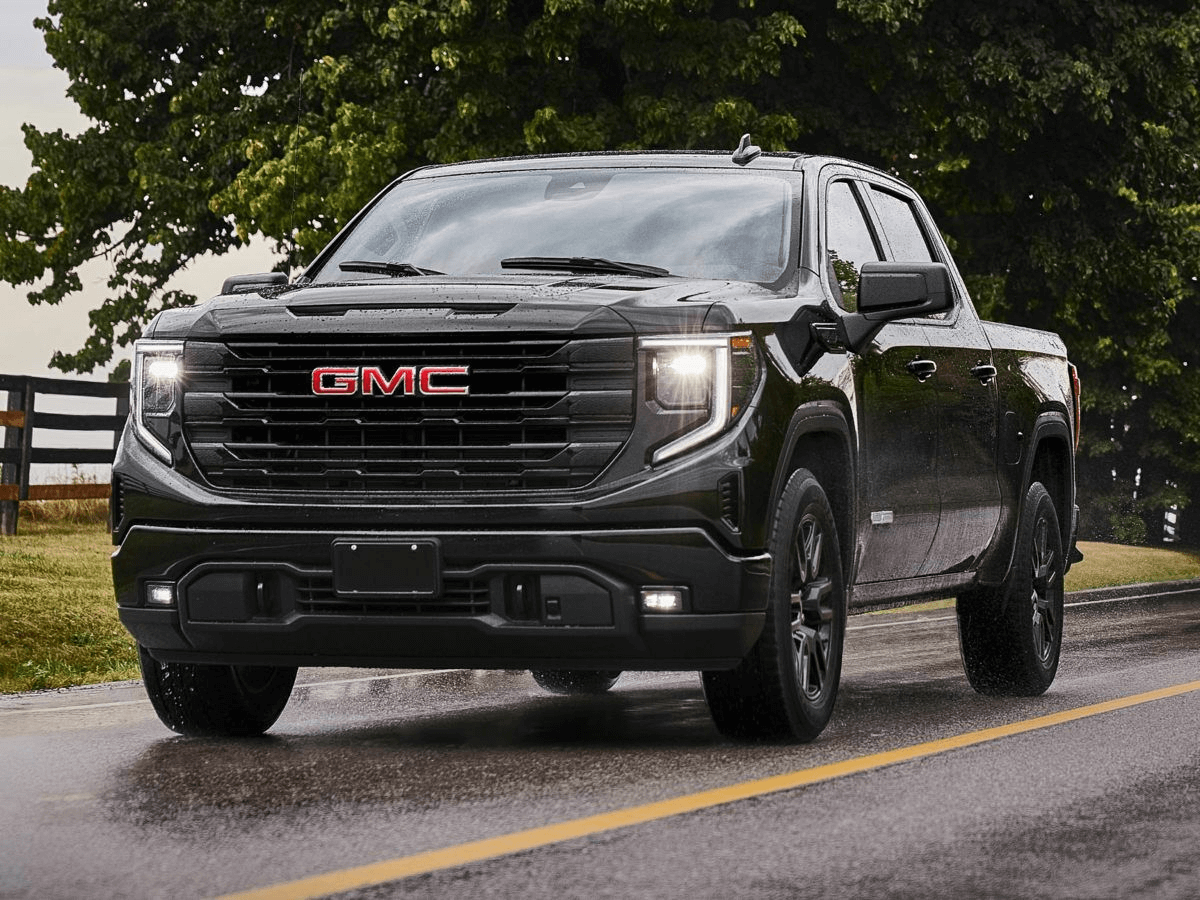
Roman Danaev
When it comes to buying a used car, many people have questions about the “best age”. While there is no one-size-fits-all answer, there are certain factors to consider when determining the ideal age for a used car. Car age can affect reliability, overall condition, and even the cost of financing a car.
So, let’s determine the right age for your next used vehicle.
What should i consider before buying a car?
You’re planning to buy a car. You can go with the first option that comes to mind, ir you can ensure that you make an informed decision by considering these points:
- Budget: Determine how much you can afford to spend on a car. Be sure to factor in not just the purchase price, but also ongoing costs, such as insurance, fuel, and maintenance.
- Purpose: Consider the intended use of the car and how it will fit into your lifestyle. Think about how much driving you will be doing, what types of roads you will be driving on, and whether you will be using the car for work or leisure.
- New or used: Some people prefer the feeling of having a brand new car. However, since you’re reading this article, it’s safe to assume you prefer the cost savings of buying a second-hand car.
So, you decided to buy a used car and have your budget and the vision of intended use. Now, let’s talk about car ages.
What car age is best for me?
The best age for a car is probably somewhere between 3 and 8 years. But before you decide, there are several factors for you to think over:
Manufacturer of the car
Some brands are known for their reliability and can run well for many years, while others may experience major problems as they age. It has to do with the quality of materials and components used, effective design and engineering, and strict quality control processes.
Examples of car brands known for their high build quality: Toyota, Honda, Subaru, Mazda, and Lexus.
Additionally, some manufacturers may offer better support for older vehicles, with parts and maintenance services readily available. It’s important to research the specific make and model you’re interested in, along with reviews and maintenance histories, to determine the best age for a car.
Resale value
The best age for a car in terms of resale value can vary, but generally, cars that are 3-5 years old tend to have the best balance of depreciation and value. At this age, cars have typically lost a significant portion of their initial value, but have some useful life left and are often still covered under the original manufacturer warranty.
It’s also important to consider the popularity and demand for a specific make and model, as well as any known issues, when determining the best age for a car in terms of resale value.
Running costs
To determine the best age for a car based on running costs, consider this:
- Maintenance costs: Newer cars typically have lower maintenance costs as they are still covered under warranty and have fewer wear and tear items in need of replacement.
- Repair costs: Repair costs can be higher for older models, especially if they have a history of problems or have been neglected, while newer cars may have lower repair costs as they are still covered under warranty.
- Fuel efficiency: Older cars may have lower fuel efficiency, which can result in higher fuel costs over time.
- Insurance costs: Insurance costs can be higher for newer cars as they are more valuable, but may also be higher for older cars due to their increased risk of breakdowns and repairs.
Mileage
Low-mileage cars have fewer miles on the odometer, which means they have been driven less and have less wear and tear. This can result in a longer useful life for the car, as well as lower repair and maintenance costs.
However, it's important to consider the age along with the car mileage. A lower-mileage car that is several years old may still have age-related issues, such as worn-out suspension components, brakes, or tires.
On the other hand, a high-mileage car that is only a few years old may have been well-maintained and driven regularly, which can result in fewer problems compared to a low-mileage car that has been sitting idle.
Rate of depreciation
New cars experience the steepest rate of depreciation in the first two to three years of ownership, as they can lose up to 50% of their value during this period. This is known as new car depreciation.
After the first few years, the rate of depreciation slows down, but the car will still lose value over time. The pace of depreciation will depend on several factors, such as the make and model, age, mileage, condition, and market demand.
It’s important to keep in mind that some cars are known to hold their value better than others, meaning they depreciate more slowly.
Reliability
Different models from the same brand can have varying levels of reliability. Some models may have tighter quality control, while others may have more relaxed standards, which can result in variations in reliability.
The intended use and purpose of a model can also impact its reliability. A sporty, high-performance car, for example, may have different reliability compared to a more practical, family-oriented used car.
Research the specific make and model you’re interested in to determine the best age for it.
What cars are too old for me?
There is no set age at which a car is considered “too old” to purchase. However, a car that is, let’s say, over 20 years old may be in the “too old” category. A car that is 20 years old is likely to have significant wear and tear from years of use and require expensive repairs or replacement parts.
Additionally, 20-year-old cars won’t meet current emissions standards and be as fuel efficient as newer cars, which makes them even more expensive to maintain.
As you move further, for example, 30 years, the car will have all these issues and then some more. Owning a 30-year-old car could also mean that you’ll have a harder time finding mechanics who are familiar with working on your specific make and model. Finding replacement parts for the car will also be particularly difficult.
Is it worth buying a 15-year-old car?
15 years is still an acceptable vehicle age, so buying a 15-year-old car can be a cost-effective way to own a car. Also, some cars have a reputation for lasting a long time, and thus even a 15 year old car can have a lot of life left in it. But it requires more due diligence and research, as well as being ready to pay for repairs and maintenance.
If you’re buying a 15-year-old car, it's recommended to have a mechanic inspect the car before you buy it. This will give you a good idea of the car's condition and any issues that may need to be addressed.
What cars are too new for me?
This is a matter of personal preference, skills, and ultimately budget. Here are a few considerations that can make a car “too new”:
- Some people prefer the look and feel of an older car, while others prefer the latest models.
- Newer cars often come with advanced technology such as touchscreen infotainment systems, lane departure warning, and automatic emergency braking. If you are not comfortable using these types of technology, then a nearly new car may not be the best fit for you.
- New cars generally depreciate faster than older cars, so you may lose more value on a new car than an older one.
- New cars can be more expensive than older cars, so you may have to stretch your budget to afford a newer car.
Final words: What is the best age to buy a used car
The best age for a used car depends on several factors, such as the make and model of the vehicle, its maintenance history, the intended use of the car, and more.
Generally, cars that are between 3 and 8 years old are considered to be in their prime, as they have depreciated in value but are still relatively new and have a lower likelihood of major mechanical issues. Additionally, cars that are less than 3 years old may still be covered under the manufacturer’s warranty, providing added peace of mind for the buyer.
To help you find a car of your chosen age and for your budget, use the car finance search tool by Carplus. The tool will help you compare different loan options from various lenders and go with the best. See what’s out there on the used market today!
Contents
Latest News
| Total charge of credit | £3,731.35 |
|---|---|
| Total amount payable | £15,731.35 |





